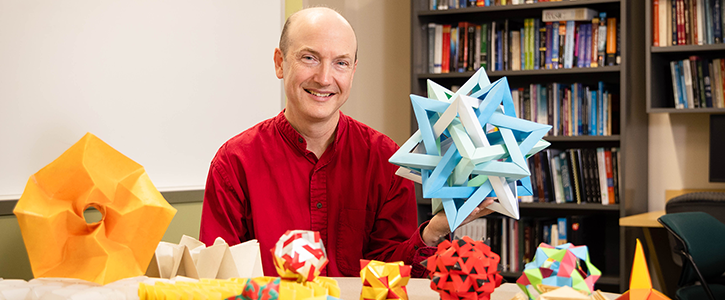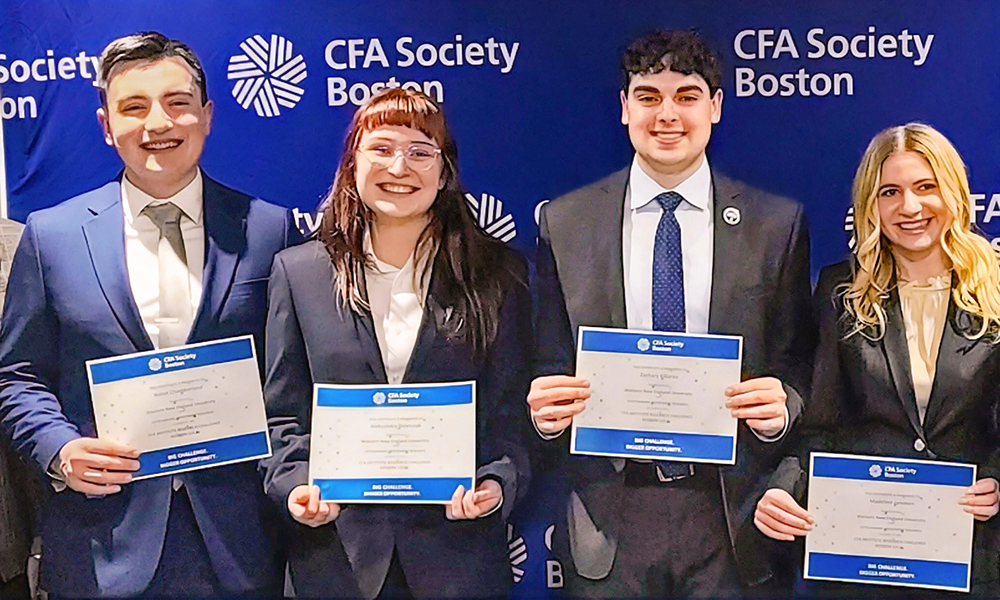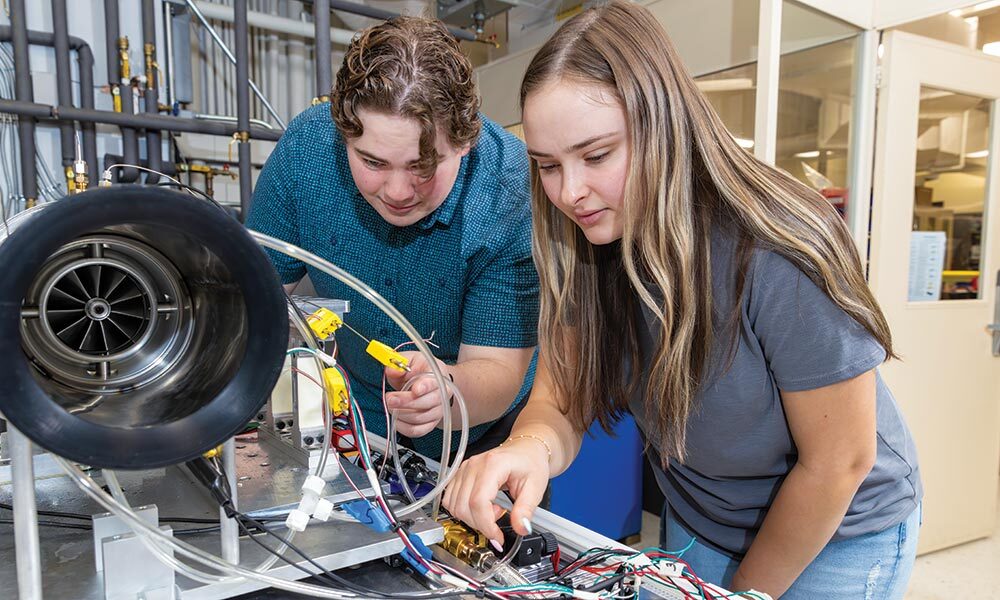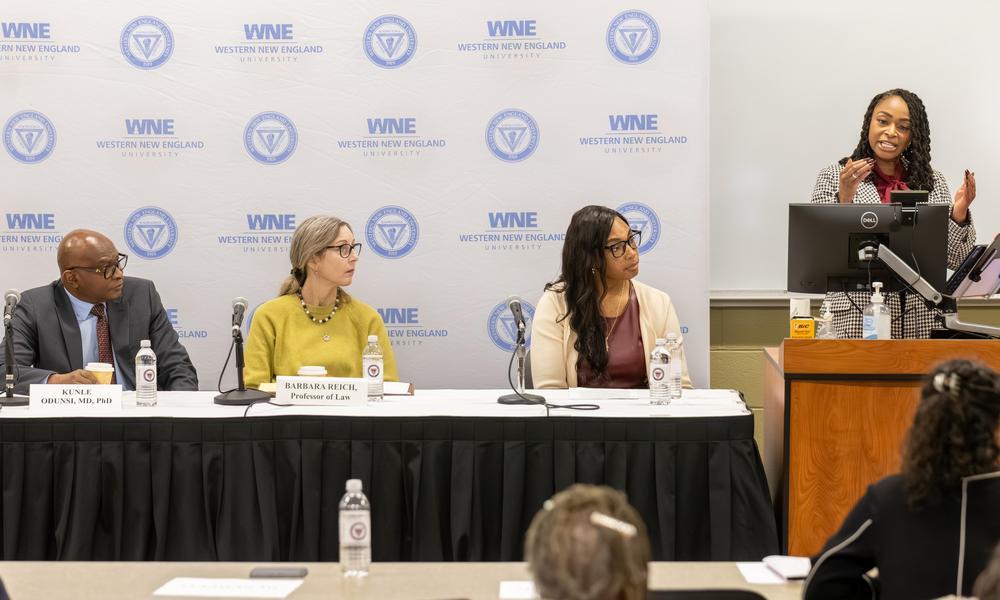Western New England University is proud to announce that the work of Professor Tom Hull has been featured in the latest issue of National Geographic magazine. The article, titled "The Future is Folded," explores the ways in which origami, the ancient Japanese art of paper folding, is being used to drive futuristic technologies.
Professor Hull, an expert in the field of origami mathematics, has been researching and developing new techniques for using origami to create complex structures and shapes that have a wide range of practical applications, from medical devices to space exploration. His work has been recognized by National Geographic as a leading example of how origami is driving innovation in a variety of fields.
Dr. Thomas Hull is a Professor of Mathematical Sciences at Western New England University. He received his PhD in mathematics from University of Rhode Island. He is an internationally recognized expert in the field of origami engineering, and his work has been featured in several publications and magazines. Dr. Hull has also been recognized for his teaching excellence and has received numerous awards for his contributions to education. He is dedicated to providing students with a high-quality education that prepares them for a variety of career paths and is an advocate of hands-on learning opportunities and research experiences.
"I am honored to have my work recognized by National Geographic," said Dr. Hull. "Origami is an incredibly versatile and powerful tool, and I am excited to continue exploring the math and science applications of origami with my research students and collaborators."
The Mathematical Sciences Department at Western New England University is dedicated to providing students with a comprehensive understanding of mathematical concepts and techniques. The curriculum covers a wide range of mathematical disciplines, including pure mathematics, applied mathematics, statistics, and computer science. Faculty members have active research programs in a number of areas including number theory, partial differential equations, algebraic geometry, mathematics of origami, statistics, and actuarial science.
In addition to traditional classroom instruction, the department offers opportunities for students to participate in research projects, internships, and other hands-on learning experiences. The department strives to create a supportive and inclusive learning environment where all students can succeed and reach their full potential.
The article, "The Future is Folded," can be found in the February 2023 issue of National Geographic magazine or online at www.nationalgeographic.com.





